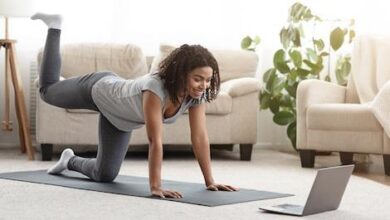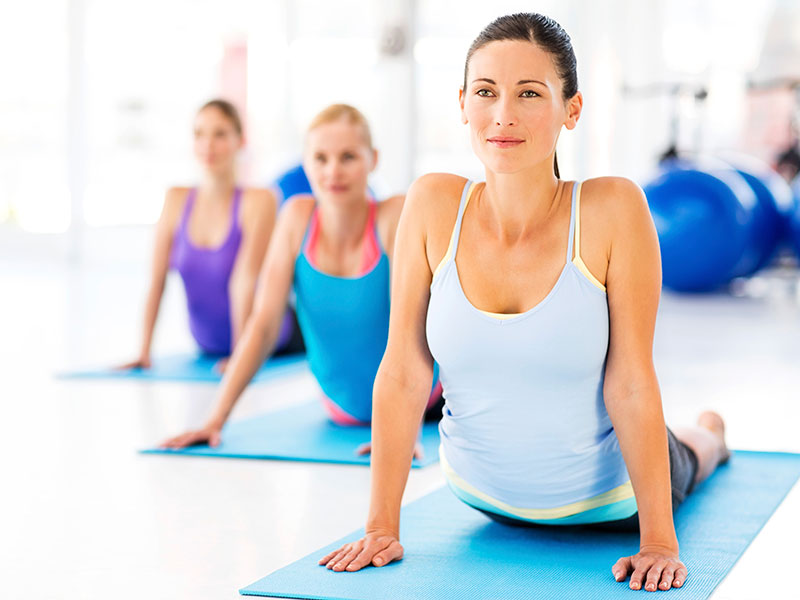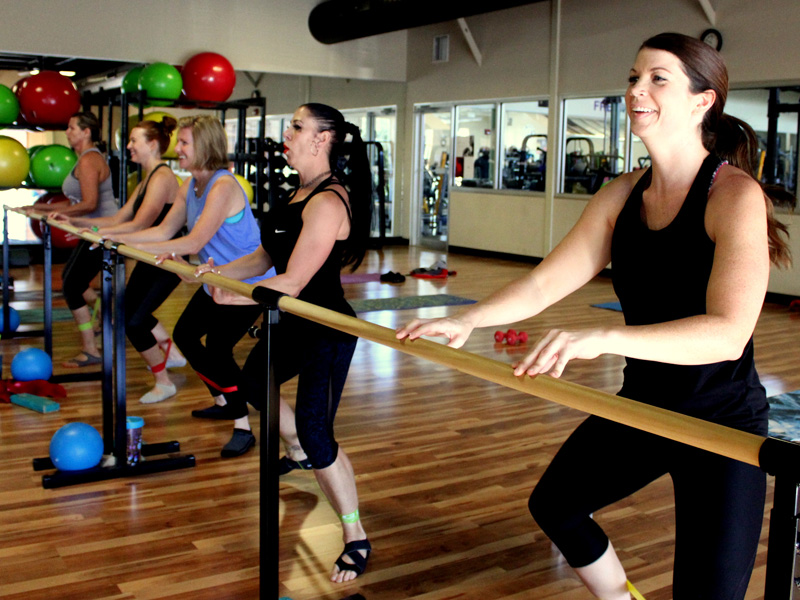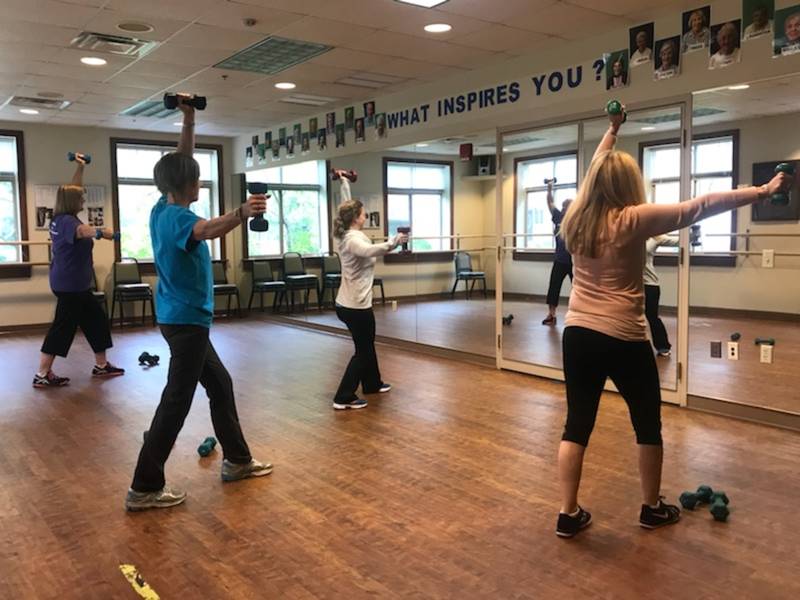How To Measure Physical Fitness
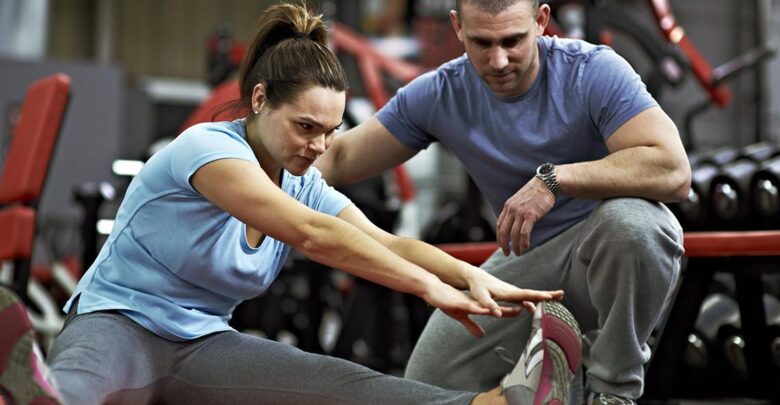
Physical fitness refers to the body’s ability to perform efficiently and effectively in work and leisure activities, as well as to resist hypokinetic disorders (diseases caused by sedentary lifestyles) and respond to emergency situations.
The measure of fitness is not just about tight abs, lifting heavy weights, or running fast. Fitness levels are determined, in part, by lifestyle, muscle tissue, genetic makeup, and overall health. An extensive fitness evaluation includes exercises and activities that specifically measure your ability to participate in aerobic exercise, your muscular strength, endurance, and joint flexibility. Some of the ways trainers test fitness at the best gym in Dubai, the Warehouse Gym include:
- Body Composition
Body Composition is a health-related physical fitness metric which refers to the proportion of fat, muscle, bone, and other key body elements. This is determined using skin fold calipers, BIA, and DEXA.
Body composition is the sole non-performance statistic among the ten aspects of physical fitness. As a result, it’s not always included in other physical fitness rankings. While an individual can have a high level of fitness and still have excess body fat, decreasing body fat while maintaining lean muscle will enhance all other physical fitness metrics because the power-to-weight ratio will be improved, as well as the power-to-weight ratio.
- Strength
Strength is an important health-related physical fitness metric that determines a muscle group’s ability to exert force. Multiple tests can be conducted to examine more than one movement pattern to determine strength. Max effort on exercises like the squat, bench press, or deadlift from 1-6 repetitions is an example.
Squatting, lunging, pushing, pulling, and bending are all basic functional actions that we use on a daily basis. Furthermore, as we age, muscular size and strength, as well as bone mass, tend to diminish, which can be reversed with strength training.
- Muscular Endurance
Muscular endurance refers to a muscle’s ability to perform repeated contractions against submaximal resistance. It is also a health-related physical fitness metric. Muscular endurance is tested by putting more than one main muscle group to the test; evaluating muscular endurance necessitates putting each muscle, or group, to the test. Maximum amount of push-ups, sit-ups, pull-ups, and dips are just a few examples.
The relevance of this is that repetitive physical activities, such as gardening, raking leaves, and car washing, will grow less tiring over time.
- Balance
Balance is a skill-related physical fitness statistic that relates to the ability to keep one’s balance while moving or standing still. Trainers can assess this skill by administering a series of tests on a balancing beam or on the ground while holding various positions. Dynamic and static tests are both possible.
Balance becomes increasingly vital as we age in order to avoid falls, which can result in catastrophic harm. This skill-related physical fitness metric is significant since it is one of the most underappreciated aspects of fitness.
- Power
Power is a skill-related physical fitness metric that measures a muscle unit’s or a group of muscular units’ capacity to apply maximum force in the shortest amount of time.
It can be measured in a variety of ways and is used to assess power, which can also be broken down into different movement patterns. Power can be measured using exercises like hang cleans or push presses, the height of a vertical jump, or the time it takes to race up a stairwell, for example. Power is made up of two elements: strength and speed. The importance of the power statistic is that the ability to move a body fast across space is critical in all sports, as well as in everyday life.
As a bonus point, taking into consideration the Health, Nutrition, and Wellness metric, it is important to understand that without good mental fitness and proper nutrition, optimal fitness is impossible to accomplish.
These are important physical fitness factors that Warehouse Gym, the best gym in Dubai, see as necessary to keep track of your personal workout routine. Physical fitness, at the end of the day, can help us all live longer, fuller, and better lives. By focusing on your goals with a positive mindset, you will find more positive and long-lasting results.


